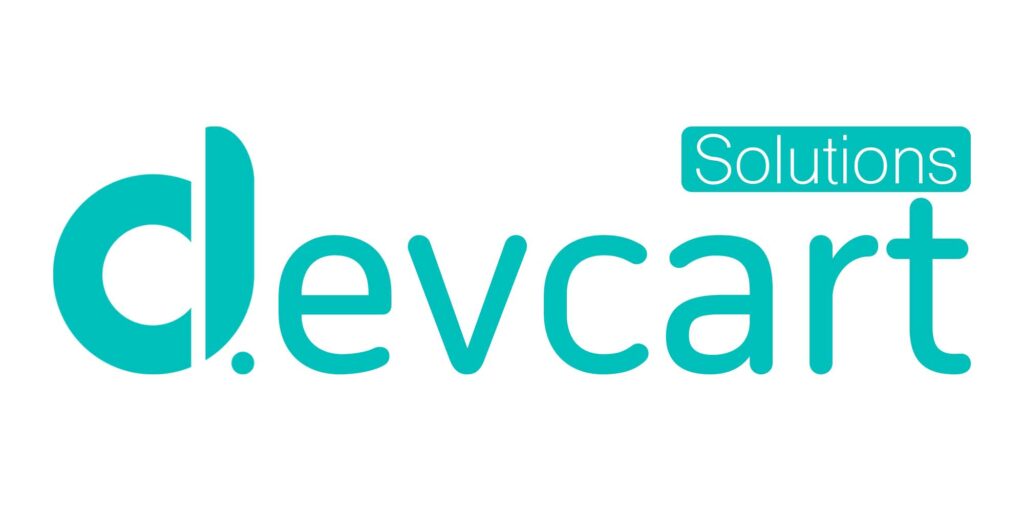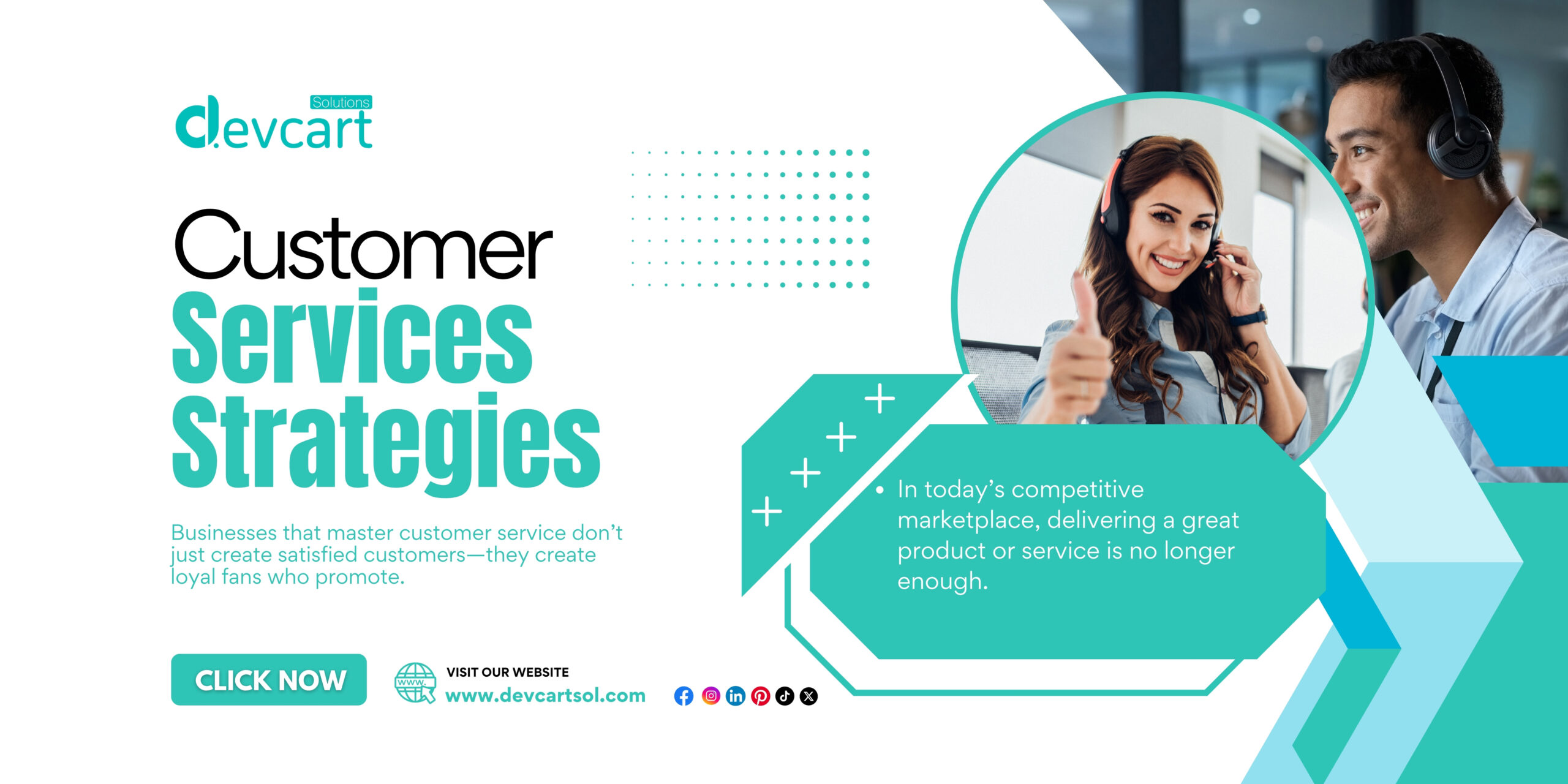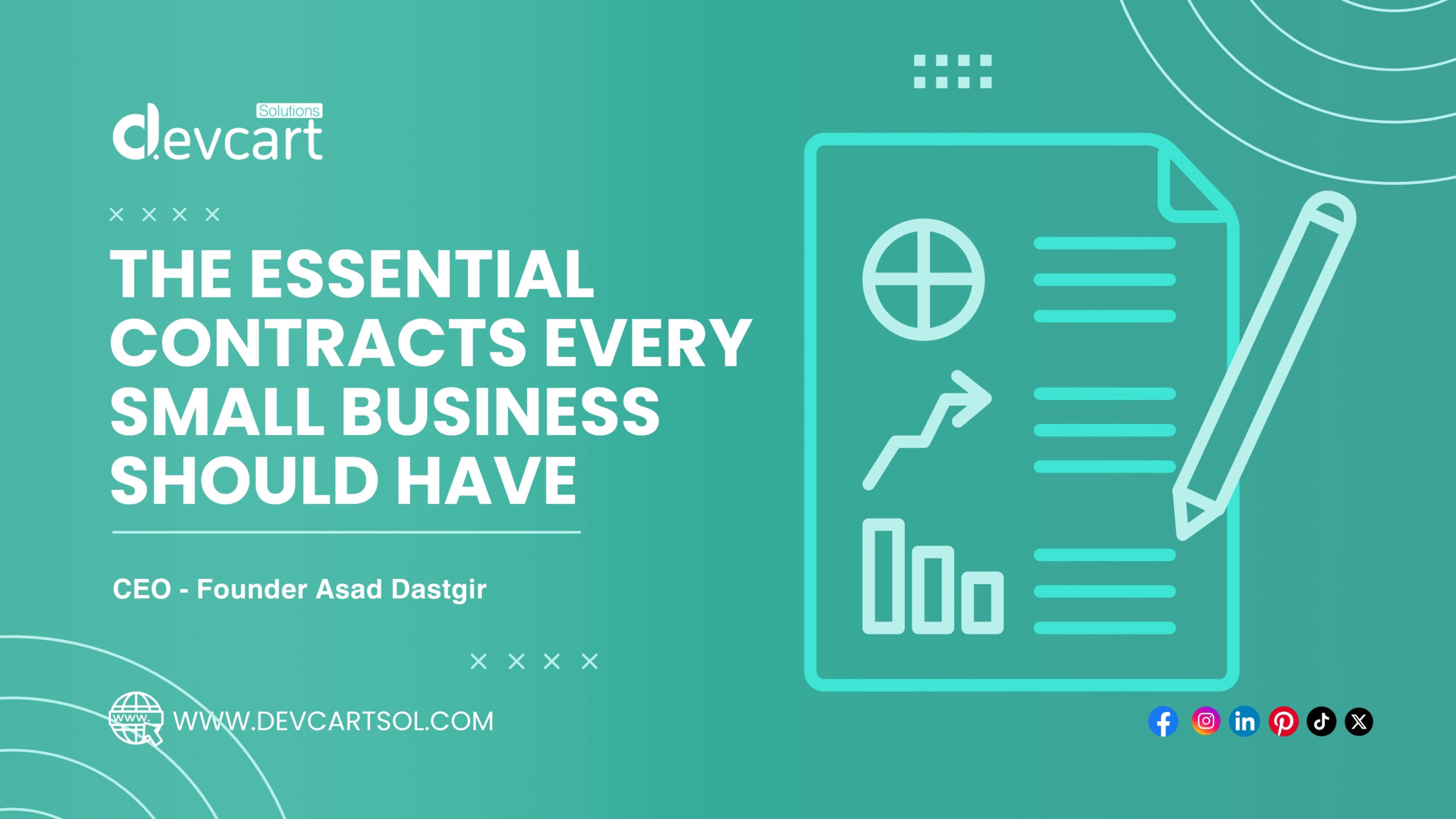In today’s rapidly changing world, adaptability is no longer a competitive advantage — it’s a business necessity.
From shifting market trends and consumer behaviors to emerging technologies and global events, businesses must constantly evolve to stay relevant. Those that embrace change thrive, while those that resist it often fall behind. But what does adaptability really mean for modern businesses, and how can organizations cultivate it?

What Is Business Adaptability?
Adaptability in business refers to a company’s ability to adjust its operations, strategies, products, or services in response to internal or external changes. Whether it’s adopting new technologies, pivoting business models, or reacting to industry disruptions, adaptable businesses can respond quickly and effectively.
Why Is Adaptability So Important?
- Rapid Technological Advancements
Technology evolves fast. Companies that can quickly adopt and integrate new tools — like automation, AI, and data analytics — gain a distinct edge. Being tech-savvy is no longer optional. - Changing Consumer Expectations
Consumers expect more personalized, seamless experiences. Businesses must adapt their customer service, communication, and marketing to meet these evolving demands. - Market Volatility and Competition
Economic fluctuations, global crises, or even new startups can disrupt markets. Adaptable businesses are resilient and more likely to find opportunity in uncertainty. - Talent Retention and Workforce Trends
The modern workforce values flexibility, remote work options, and purpose-driven leadership. Adapting to new work models helps attract and retain top talent.

How to Build an Adaptable Business
- Foster a Culture of Innovation
Encourage creativity and experimentation within your team. Failure should be viewed as a stepping stone to growth, not a setback. - Invest in Learning and Development
Upskill your workforce. A team that’s continuously learning is more prepared to handle change and seize new opportunities. - Stay Connected with Industry Trends
Monitor market trends, competitor strategies, and customer feedback. Stay proactive, not reactive. - Be Open to Feedback and Flexibility
Regularly seek feedback from employees, customers, and stakeholders — and be willing to pivot when necessary. - Embrace Agile Methodologies
Agile approaches help businesses remain flexible, improve workflows, and quickly respond to customer needs.

Final Thoughts
In the modern business landscape, adaptability isn’t just about survival — it’s about growth. Companies that welcome change, embrace innovation, and empower their teams to be agile will lead the way in the years to come.
Change is inevitable. How your business responds to it will define its future.
















